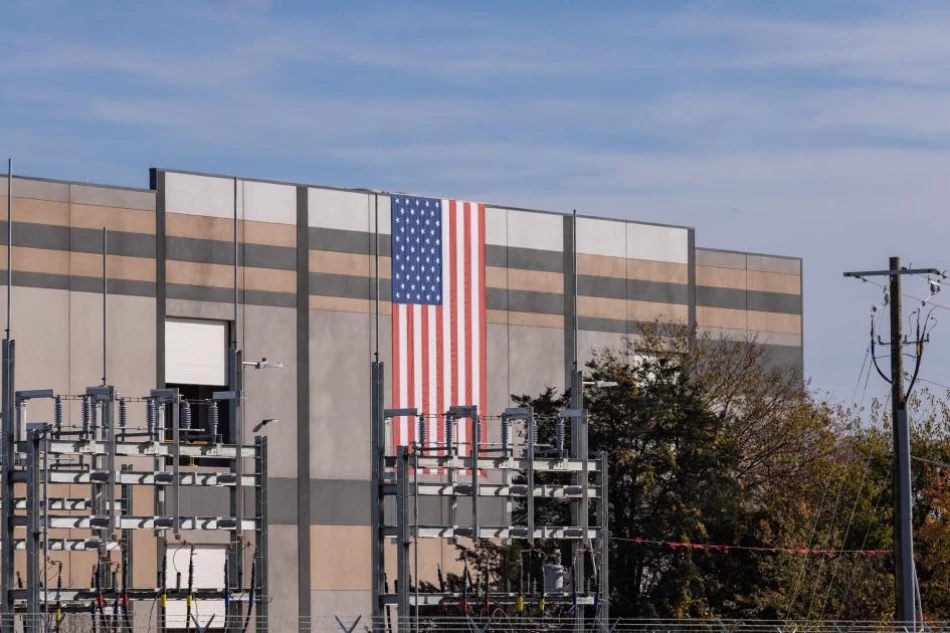
Global Tech Giants Accelerate AI Spending: Unlocking Innovation and Competitive Advantage
Google's parent company Alphabet, Microsoft, and Meta are all ramping up their spending plans for 2026 as they race to build AI infrastructure and data centers. But investors are showing clear favorites - Alphabet's stock jumped 7.3% in pre-market trading while Microsoft dropped 3% and Meta fell 7%.
The reason comes down to cash flow management. Alphabet is spending big on AI, but it's doing so without straining its finances the way its competitors are.
Here's the math that matters: Alphabet spent $23.95 billion on capital expenditures last quarter, which represents 49% of its cash flow from operations. Meta hit 64.6%, and Microsoft reached 77.5%. That difference is significant when you're talking about tens of billions in spending.
Dave Heger, senior equity analyst at Edward Jones, points out that Alphabet's capital spending represents a smaller percentage of both revenue and cash flow compared to its rivals. This gives investors more confidence that the company can sustain its AI investments without financial stress.
The AI infrastructure buildout has become the defining theme of this earnings season for big tech companies. Josh Gilbert, analyst at eToro, notes that while everyone is pouring money into data centers and AI capabilities, Alphabet stands out because it can cover this spending entirely from its strong cash flows.
But there's a growing problem across the industry. Investors are getting more cautious about massive AI spending because tech companies still won't reveal how much revenue these investments actually generate. The return on investment remains largely a mystery.
Tech executives keep insisting the spending is necessary to meet growing demand for computing power. Meta's Mark Zuckerberg admits that over-investing in AI might lead to some losses and waste in the short term, but argues the company will benefit long-term.
Investment experts say companies with stronger cash flows have a clear advantage right now. They can afford to spend heavily and accept lower returns temporarily while positioning themselves for the fast-growing AI market. The question is whether that bet will pay off - and how long investors will wait to see results.
Most Viewed News

 Omar Rahman
Omar Rahman






